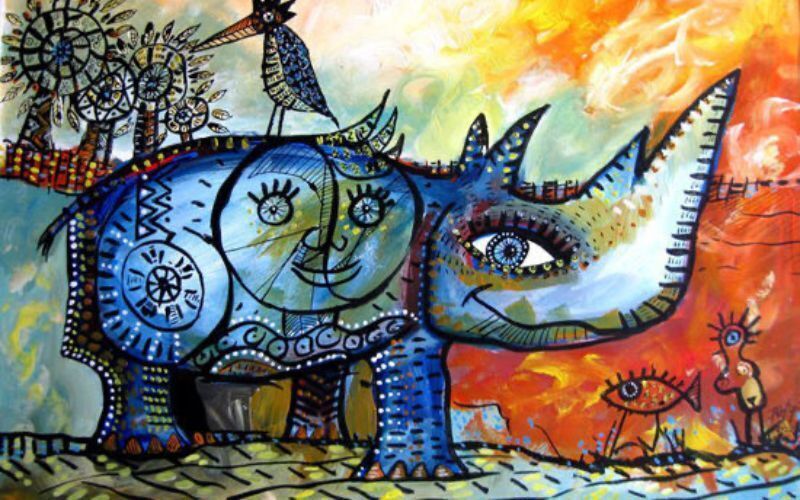Albert Camus on Happiness, Unhappiness, and Our Self-Imposed Prisons
“For the first time in history,” Bertrand Russell asserted in reflecting on the impact of the Industrial Revolution, “it is now possible … to create a world where everybody shall have a reasonable chance of happiness.” Indeed, we’ve pounced on that chance with overzealous want: Ours is a culture so consumed with the relentless pursuit of happiness, its secrets and its science, that it layers over the already uncomfortable state of unhappiness a stigma of humiliation and shame. But unhappiness can have its own dignity and can tell us as much, if not more, about who we are than happiness. That’s precisely what French philosopher and Nobel laureate Albert Camus, born 100 years ago today, considers in a portion of his private writings, collected in Notebooks 1951–1959 (public library).
In a meditation on Oscar Wilde’s relationship with art, Camus considers the notion of sorrow, the exorcism of which is one of art’s 7 therapeutic functions, and adds to history’s finest definitions of art:
[Oscar Wilde] wanted to place art above all else. But the grandeur of art is not to rise above all. On the contrary, it must blend with all. Wilde finally understood this, thanks to sorrow. But it is the culpability of this era that it always needed sorrow and constraint in order to catch a glimpse of a truth also found in happiness, when the heart is worthy. Servile century.
In a 1956 letter to a hospitalized friend, Camus explores how body and mind conspire in sorrow and happiness:
The solidarity of bodies, unity at the center of the mortal and suffering flesh. This is what we are and nothing else. We are this plus human genius in all its forms, from the child to Einstein.
No, … it is not humiliating to be unhappy. Physical suffering is sometimes humiliating, but the suffering of being cannot be, it is life. … What you must do now is nothing more than live like everybody else. You deserve, by what you are, a happiness, a fullness that few people know. Yet today this fullness is not dead, it is a part of life and, to its credit, it reigns over you whether you want it to or not. But in the coming days you must live alone, with this hole, this painful memory. This lifelessness that we all carry inside of us — by us, I mean to say those who are not taken to the height of happiness, and who painfully remember another kind of happiness that goes beyond the memory.
Sometimes, for violent minds, the time that we tear off for work, that is torn away from time, is the best. An unfortunate passion.
Camus later revisits this osmosis between the physical and the metaphysical in a poignant reflection on our self-imposed prisons of unhappiness:
It is not true that the heart wears out — but the body creates this illusion.
Those who prefer their principles over their happiness, they refuse to be happy outside the conditions they seem to have attached to their happiness. If they are happy by surprise, they find themselves disabled, unhappy to be deprived of their unhappiness.
“All true happiness, as all that is truly beautiful, can only result from order,” Benjamin Franklin wrote, and yet, as Camus so stirringly reminds us, order itself, when worshiped too blindly and rigidly, can consume our fragile chance of happiness.
See article from source:
Albert Camus on Happiness, Unhappiness, and our Self-imposed Prisons

